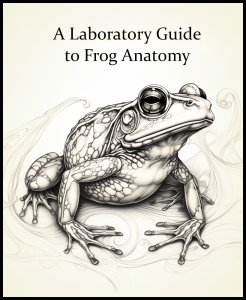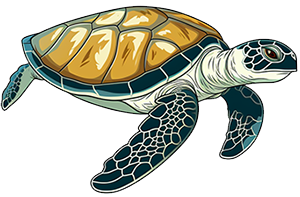
Dissections provide students with a hands-on learning experience that goes beyond textbook knowledge. By physically interacting with specimens, students can gain a deeper understanding of anatomical structures and biological processes. Students often remember details about anatomical structures and functions when they actively participate in the process.
Laboratories often spark curiosity and interest in the natural world. Students may develop a passion for biology or related sciences, inspiring further exploration and study in these fields. For reluctant students, I offer a virtual version of the activity. In most states, you are legally required to offer students an alternative activity if they choose not to participate.
I even have a lab where students observe live frogs and perform basic behavior tests on them. Frogs do not require a lot of maintenance or space. Students are usually very curious about the class frog and I love to name them after scientists. We’ve had a Darwin, a Mendel, and even a Rosalind.
Specimens can be ordered from biological supply companies or through Amazon.
Practice Quizzes

Frog Anatomy (Drag and Drop) Quiz
Dissection and Anatomy Resources
Downloadable Resources for a Unit on Vertebrate Anatomy

HS-LS1-2 Develop and use a model to illustrate the hierarchical organization of interacting systems that provide specific functions within multicellular organisms

